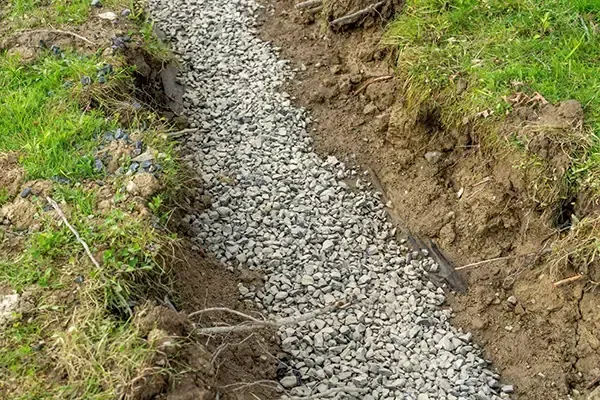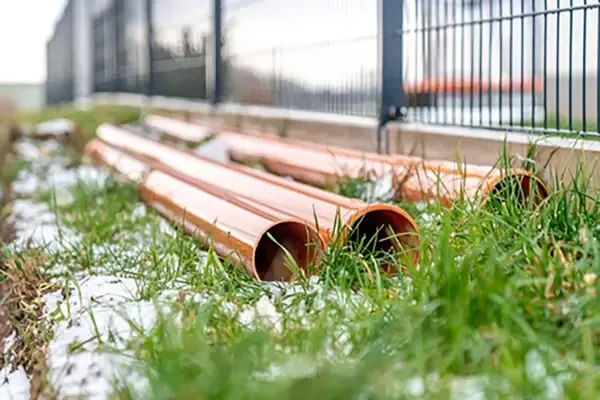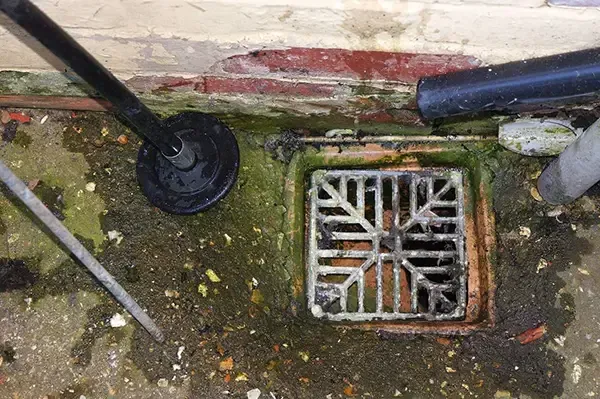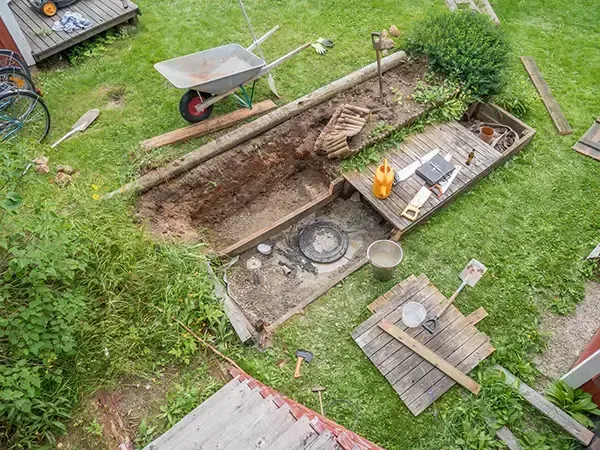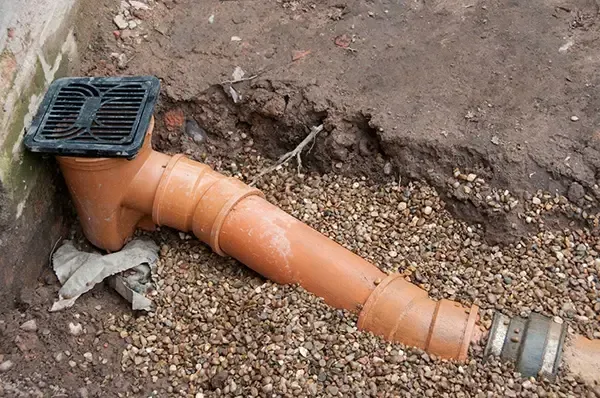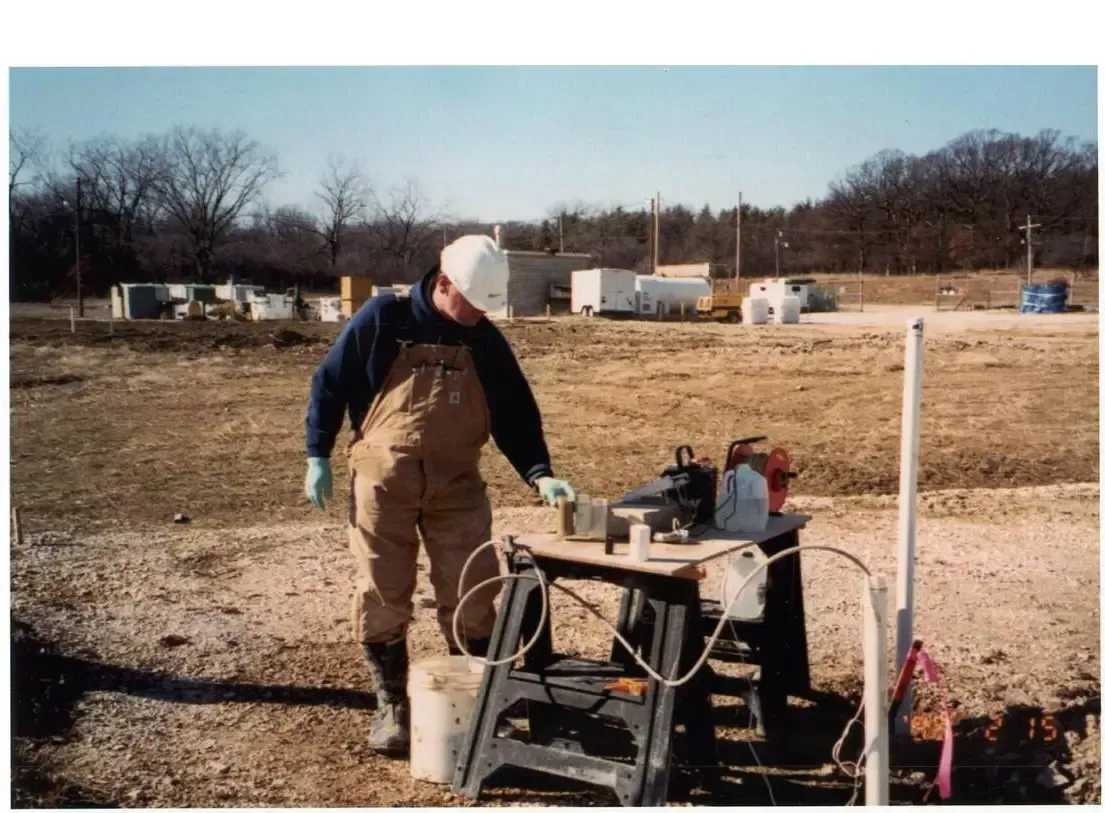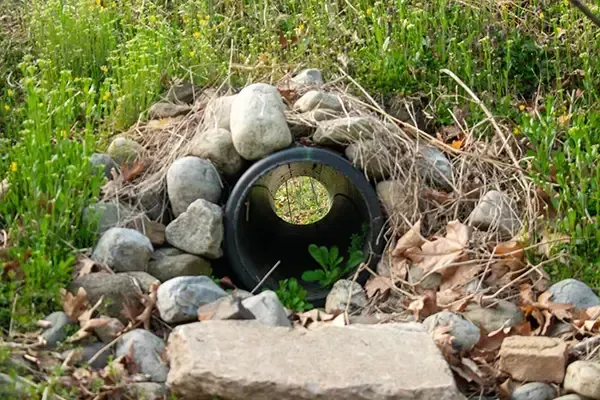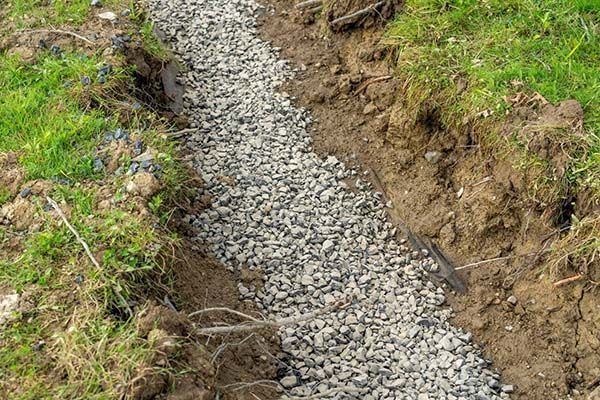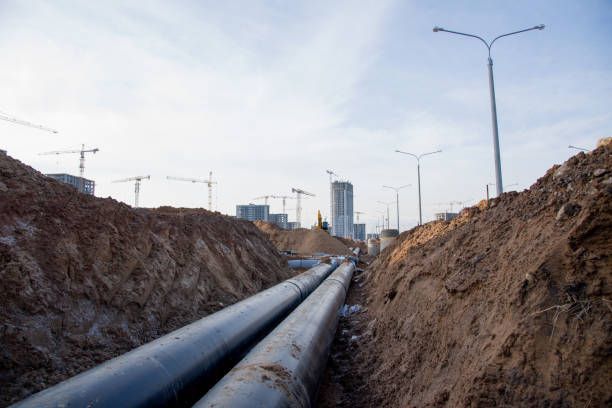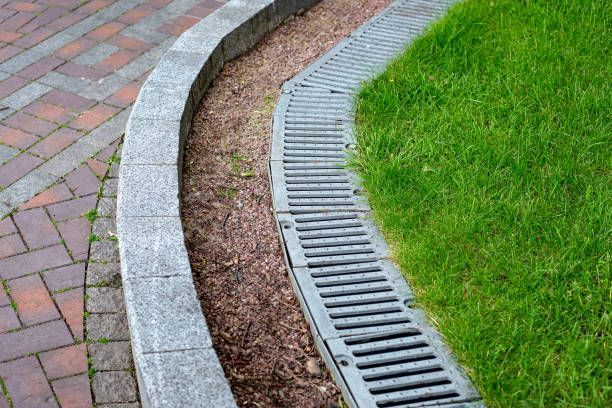The Environmental Benefits of Proper Internal French Drain Installation
When you consider the environmental impact of property management, proper internal French drain installation stands out as a crucial element.
It not only helps manage excess water but also plays a significant role in reducing soil erosion and protecting local ecosystems.
By effectively redirecting water, it can improve groundwater recharge and enhance water quality, leading to healthier landscapes.
As you explore these benefits further, you might find that the implications extend beyond just your property, influencing the broader community and environment in ways you hadn't anticipated.
Reducing Soil Erosion
Clogged gutters and downspouts pose a significant threat to your property, leading to a cascade of problems that can impact both the exterior and interior of your home.
Water Damage:
- Foundation Issues: Overflowing gutters can direct large volumes of water towards the foundation of your home. This can lead to soil erosion, foundation cracks, and even basement flooding.
- Landscaping Damage: Water pooling around the foundation can damage plants, erode soil, and create unsightly muddy areas.
- Wood Rot: Constant moisture can lead to wood rot in your home's siding, fascia, and soffits.
Roof Damage:
- Ice Dams: Clogged gutters contribute significantly to ice dam formation during winter. As snow melts, water backs up behind the ice dam, seeping under the shingles and causing roof leaks.
- Gutter Damage: The weight of accumulated water and debris can damage gutters and downspouts, leading to leaks, sagging, and eventual system failure.
Safety Hazards:
- Falling Debris: Accumulated debris in gutters can become heavy and dislodge during strong winds or heavy rain, potentially causing injury to people or damage to property below.
- Slippery Surfaces: Overflowing gutters can create slippery surfaces around the foundation, increasing the risk of falls.
Pest Problems:
- Mosquito Breeding Grounds: Standing water in gutters can provide breeding grounds for mosquitoes.
Preventing Gutter Clogs:
- Regular Inspections: Conduct thorough inspections of gutters and downspouts at least twice a year, preferably in the spring and fall.
- Cleaning: Clean gutters and downspouts thoroughly to remove leaves, twigs, branches, and other debris.
- Gutter Guards: Install gutter guards to prevent leaves and debris from entering the gutters in the first place.
- Tree Maintenance: Trim tree branches that overhang the roof to minimize the amount of debris that falls into gutters.
By diligently maintaining your gutters and downspouts, you can protect your property from water damage, prevent costly repairs, and ensure the safety and well-being of your family.
Protecting Local Ecosystems
Minimizing Soil Erosion:
- Reduced Erosion: By slowing down surface water flow, they minimize soil erosion.
- Slope Stabilization: They help prevent landslides by effectively managing water runoff on slopes.
Protecting Water Quality:
- Reducing Sedimentation: Minimizing soil erosion prevents sediment from polluting waterways.
- Filtering Pollutants: The gravel bed acts as a natural filter, trapping pollutants.
Maintaining Groundwater Recharge:
- Controlled Water Infiltration: Properly designed French drains can help to recharge groundwater supplies by allowing excess water to slowly percolate into the soil. This helps to maintain healthy groundwater levels and support local ecosystems.
Creating a Healthier Habitat:
- Reduced Standing Water: By eliminating standing water, French drains reduce mosquito breeding grounds and improve the overall health and aesthetics of your landscape.
- Improved Plant Health: By preventing waterlogging and soil erosion, French drains create a healthier environment for plants to thrive, supporting biodiversity and enhancing the overall ecological balance of your property.
By effectively managing surface water runoff, French drains contribute to a healthier environment, protecting soil resources, improving water quality, and supporting local ecosystems.
Enhancing Groundwater Recharge
French drains are not just about diverting surface water; they play a significant role in enhancing groundwater recharge, a critical process for maintaining healthy ecosystems and ensuring a sustainable water supply.
- Improved Water Quality: By allowing gradual water infiltration, they enable natural filtration, reducing pollutants in groundwater.
- Groundwater Level Management: They help maintain optimal groundwater levels, preventing both depletion and excess accumulation.
- Enhanced Plant Health: Healthy groundwater levels support plant growth and a thriving ecosystem.
- Sustained Streamflow: They contribute to consistent streamflow during dry periods, benefiting aquatic life.
By promoting healthy groundwater recharge, French drains contribute to a more sustainable water cycle, protecting our environment and ensuring the availability of clean water resources for future generations.
Proper French drain installation offers significant environmental benefits beyond simply managing surface water runoff.
By effectively redirecting water, minimizing soil erosion, and enhancing groundwater recharge,
French drains contribute to a healthier environment, protect our water resources, and support the sustainability of local ecosystems.
These benefits extend beyond the individual property, contributing to a healthier community and a more sustainable future for all.
